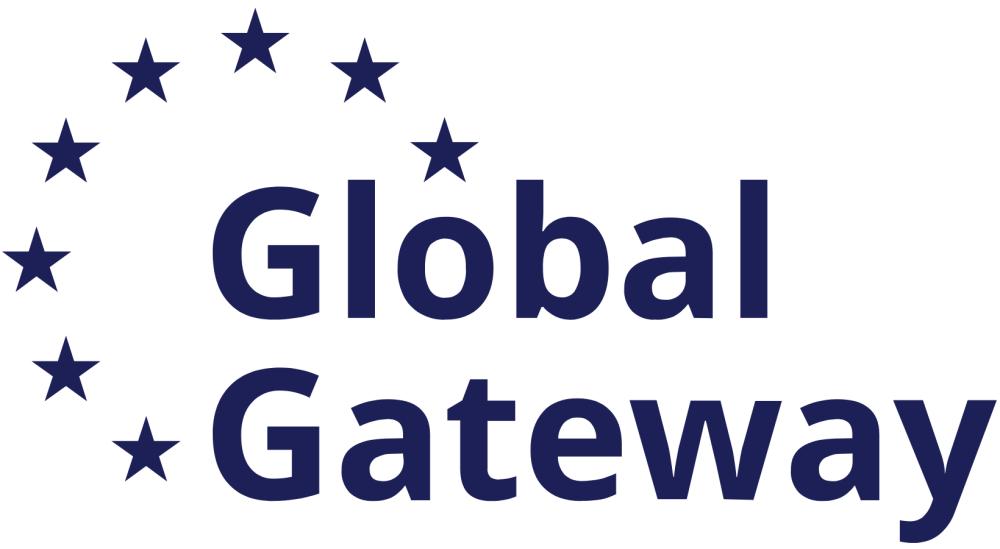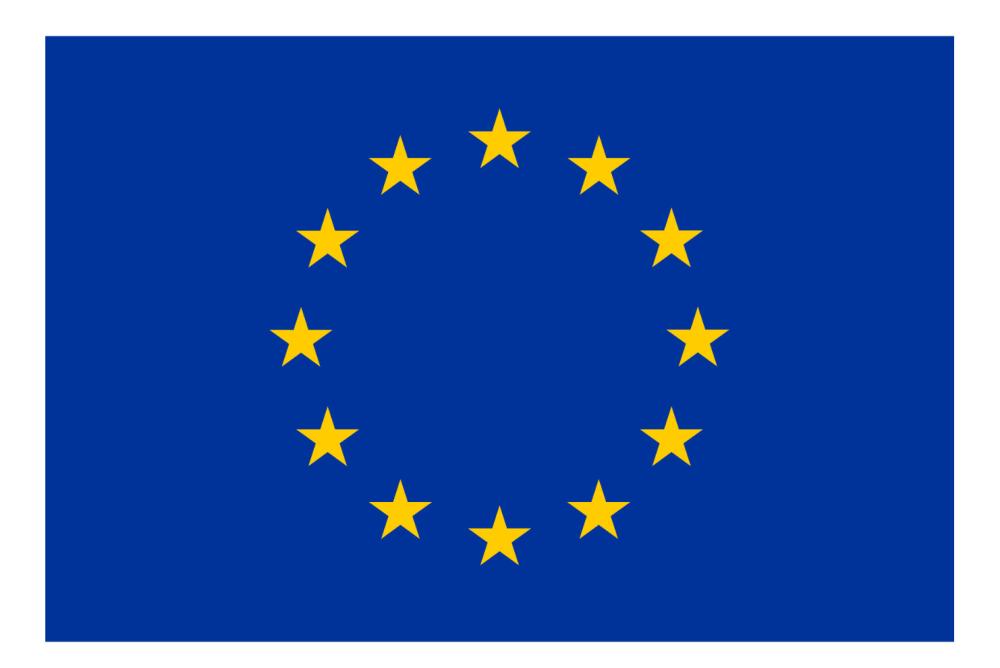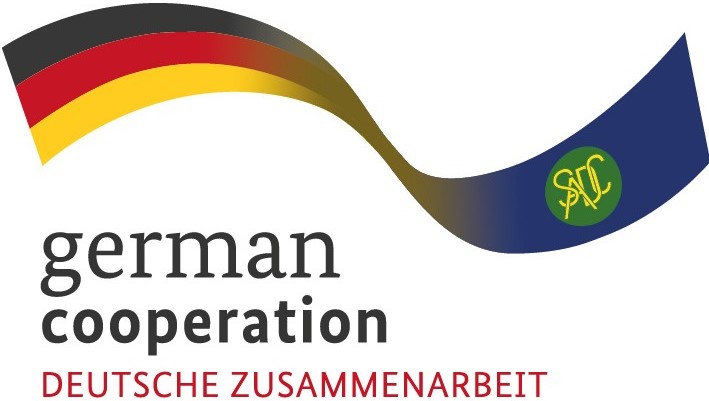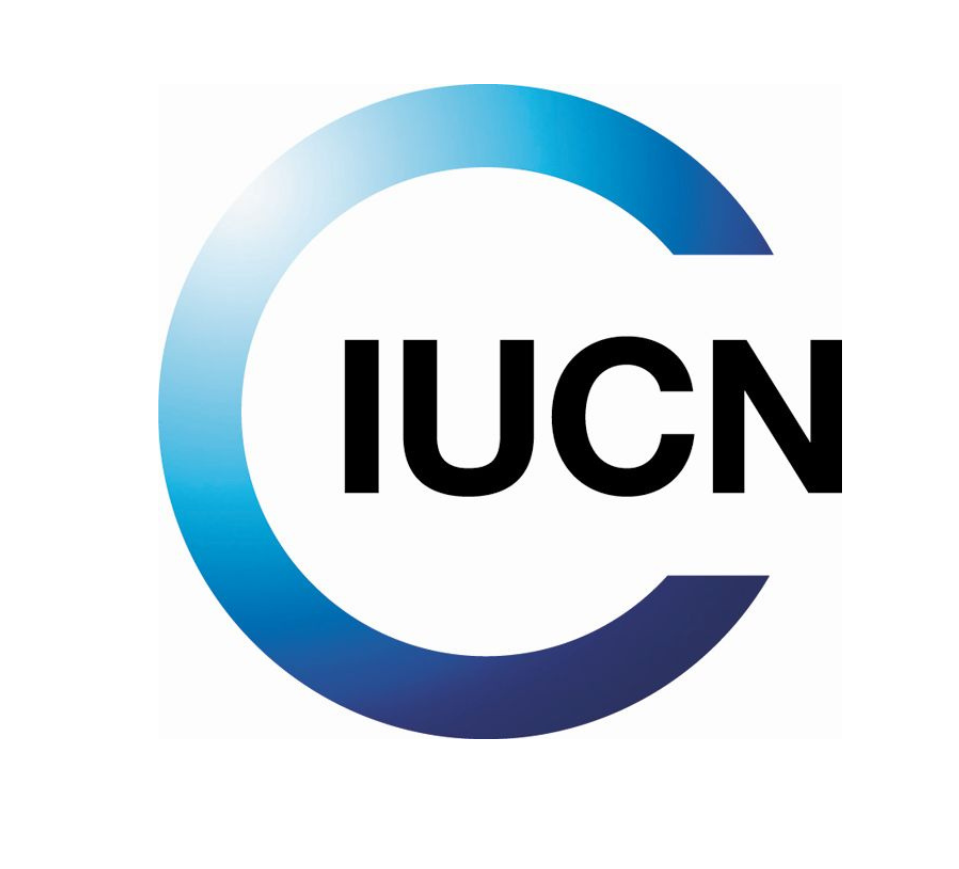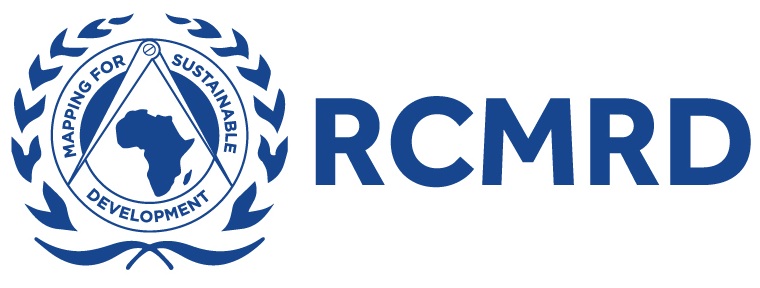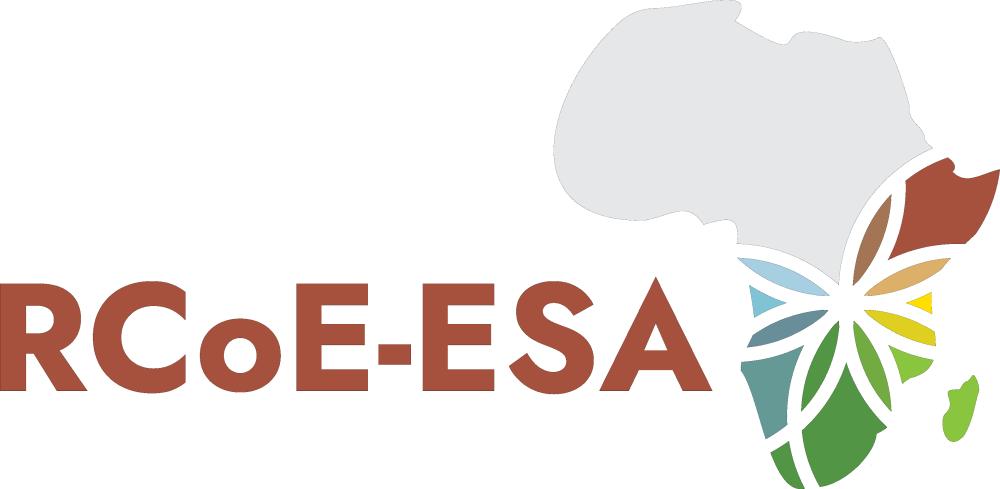 Translate
Translate
Jobs
Planning, Monitoring, Evaluation & Learning Manager
| Organisation: | International Fund for Animal Welfare (IFAW) |
| Sector: | Monitoring, Evaluation and Learning |
| Location: | Harare, Zimbabwe |
| Closing date: | 30 July 2025 |
The International Fund for Animal Welfare (IFAW) is seeking an experienced and visionary PMEL Manager to lead planning, monitoring, evaluation, and learning across its programs in Southern Africa. Based in Harare, this role will support a dynamic portfolio of conservation and community-based initiatives in Zimbabwe, Malawi, and Zambia.
As PMEL Manager, you will drive evidence-based decision-making, foster a culture of learning and adaptive management, and ensure high-quality performance monitoring across multiple landscapes. Working closely with field teams, program leaders, and external partners, you will develop and implement cutting-edge tools, lead capacity building, and shape the way IFAW measures and communicates its impact across the region.
We're looking for someone with a strong background in conservation or development PMEL, experience in both quantitative and qualitative methods, and a passion for data-driven change. Experience working in Southern Africa and fluency in tools like Power BI, R, or LogAlto is highly desirable.
The International Fund for Animal Welfare (IFAW) is a global non-profit helping animals and people thrive together. Working in more than 40 countries around the world, it rescues, rehabilitates, and releases animals, and restores and protects their natural habitats. IFAW carries out its work through 8 programs: Landscape Conservation, Wildlife Crime, Wildlife Rescue, Community Engagement, International Policy, Marine Conservation, Disaster Response and Risk Reduction, and Marine Mammal Rescue and Research. The organization has a significant and growing portfolio of projects in Zimbabwe, Malawi and Zambia, in the areas of habitat and wildlife conservation, sustainable and improved livelihoods, wildlife crime prevention, capacity strengthening and governance. These projects form part of IFAW’s regional initiative, Room to Roam, across Eastern and Southern Africa, designed to conserve key landscape clusters for elephants and other wildlife species.
The Planning, Monitoring, Evaluation & Learning (PMEL) Manager will provide direct oversight, support, and accountability for planning, performance monitoring, lesson-learning, evaluation, and adaptive management across all projects and landscape strategies implemented in Southern Africa. Reporting to the Director of Impact Evaluation & Learning (DIEL), the PMEL Manager will play a critical role in ensuring the success of IFAW’s initiatives including the R2R by driving evidence-based decision-making and fostering a learning culture across teams and partners.
The responsibilities of the PMEL Manager will also involve conducting and/or overseeing quality data collection and analysis, engaging with project stakeholders such as government authorities, NGOs and other development agencies, community members, local organizations, and others for planning, monitoring, evaluation and learning, ensuring that the PMEL systems are consistently integrated and implemented across all project partners, and building the capacity of partners where necessary. For the Room to Roam initiative, the PMEL Manager will also work with the DIEL, and country and program staff in Malawi, Zambia and Zimbabwe, to engage partners and plan the implementation and measurements of the R2R.
ROLE AND RESPONSIBILITIES
1.Leadership and Facilitation
•Oversee the alignment of PMEL activities in the three countries with IFAW’s Institutional Strategic Plan, ensuring coherence across teams and projects.
•Guide the strategic planning processes in Southern Africa countries and associated landscape levels to align with IFAW’s global goals and objectives.
•Build a culture of learning and adaptive management among staff and partners in the three countries to ensure evidence-based decision-making.
•Act as a bridge between field teams and leadership in the three countries to ensure smooth communication and alignment of project activities.
•Under the leadership of DIEL, establish and promote a learning culture within and across projects by fostering lesson-learning and adaptive management in the region.
•Document and share lessons learned across projects in the three countries, ensuring they inform future strategies and program design.
2.Development and Application of Innovative PMEL Tools
• Lead the integration of digital tools and technology into PMEL systems to improve efficiency and data accuracy.
• Pilot and scale up innovative approaches to impact measurement, including the use of participatory methods for stakeholder engagement.
• Develop guidelines and protocols for adaptive PMEL frameworks that respond to dynamic program needs and emerging trends.
• Evaluate and integrate methods such as geospatial analysis and predictive analytics into project planning and impact assessments.
• Stay appraised of and utilize developments in AI tools that support PMEL.
3. Data Collection and Capacity Building
• Train IFAW staff and partners in the three countries on advanced PMEL tools and techniques, ensuring consistency and high-quality data collection.
• Develop user-friendly PMEL tools including data collection templates and protocols tailored to project needs.
• Implement systems for real-time data monitoring to allow for timely feedback and course correction.
• Partner with external experts or consultants to enhance data collection methodologies for specialized projects.
4. Results Monitoring and Technical Reporting
• Develop Key Performance Indicators (KPIs) for monitoring the progress of projects and landscape strategies in the three countries.
• Establish systems for regular feedback loops, enabling project teams to learn from results and improve strategies.
• Prepare visually compelling and stakeholder-friendly reports that highlight program outcomes and lessons learned.
• Create mechanisms for comparing project results across regions or landscapes to identify best practices.
• Collaborate with the DIEL, as well as country and program staff in the Southern Africa office, to engage partners and ensure effective planning and measurement of the R2R initiative.
• Provide PMEL expertise to monitor progress, document outcomes, and adapt strategies for the R2R initiative.
5. Dashboard Development and Impact Measurement
• Design and maintain (LogAlto) interactive dashboards that integrate data from multiple sources, providing real-time updates to decision-makers.
• Ensure the dashboards provide disaggregated data to reflect progress across different groups and contexts.
• Develop user manuals and training materials for teams to utilize dashboards effectively.
• Use dashboard insights to support program reviews and external reporting.
6. Proposal Development and Support
• Develop robust theories of change and logical frameworks to strengthen funding proposals across the three countries.
• Contribute to cost-effective PMEL strategies in proposals to ensure donor confidence and compliance.
• Support donor reporting requirements by providing PMEL insights and evidence of program impact.
• Collaborate with proposal teams to integrate adaptive management and learning principles into program design.
7. Independent Evaluations and Collaboration
• Establish criteria for selecting independent evaluators and ensure alignment with IFAW’s evaluation standards.
• Coordinate the timing and scope of evaluations to maximize learning opportunities.
• Facilitate stakeholder review sessions to validate evaluation findings and develop actionable recommendations.
• Advocate for the inclusion of marginalized voices in evaluation processes to ensure equitable representation.
8. Communication and Dissemination of Evidence-Based Products
• Create tailored communication products (e.g., infographics, case studies) to share PMEL insights with diverse audiences, including donors and the public.
• Organize webinars, presentations, and other platforms to share lessons learned and best practices across the organization and partners.
• Establish feedback systems for donors and supporters to understand how their contributions drive impact.
• Work with the communications team to integrate PMEL findings into broader organizational narratives.
QUALIFICATIONS AND EDUCATION REQUIREMENTS
• A Masters degree in a relevant field from a recognized university preferably in international development, biodiversity management, planning, monitoring and evaluation, or related field is ideal, and 5 years of work experience in a relevant area; or a Bachelor’s degree in a relevant field preferred and 8 years of work experience;
• At least five (5) years’ experience managing planning, monitoring, evaluation, and learning activities with competencies in a variety of qualitative and quantitative methods, in a conservation or human livelihoods initiative
• Strong understanding of biodiversity conservation, ecosystem services, and community-based conservation approaches, including knowledge of human-wildlife conflict resolution or similar themes.
• Demonstrated experience with global best-practice and innovative and cutting-edge approaches and methods for planning and PMEL, along with a solid knowledge of conventional methods and tools, such as theories of change and indicators
• Experience in designing and conducting high-quality surveys and assessments using a mix of data collection methods tailored to project needs,
• Experience in generating learning and adaptive management among project teams and stakeholders
• Proficiency in using statistical analysis tools such as R, Python, or SPSS, and data visualization tools like Power BI or Tableau for advanced performance analysis,
• Demonstrated experience in engaging and managing relationships with government agencies, donors, local communities, NGOs, and other stakeholders across diverse cultural settings.
• Experience in group facilitation is highly desirable
• Proven experience supporting donor proposal development, including developing results frameworks, logical frameworks, theories of change, and writing donor reports
• Experience with conducting or managing evaluations
• Strong organizational and interpersonal skills and the ability to collaborate well with diverse staff and different external stakeholders
• Proficiency in using advanced data management tools and software for reporting and analysis, in addition to Microsoft Office
• Strong attention to detail and accuracy, as well as an ability to see the “big picture”, excellent problem-solving skills, flexibility, and ability to work efficiently and independently to meet proposal deadlines
• Demonstrated ability to lead and adapt in dynamic, complex, and uncertain environments, fostering team resilience and innovation
• Experience working in Southern Africa or similar regions, with a strong understanding of local conservation challenges, opportunities, and cultural contexts,
• Experience with monitoring and evaluation software systems, and developing data dashboards that enable effective analysis and reporting on performance data, e.g. LogAlto, is desirable
The Planning, Monitoring, Evaluation & Learning (PMEL) Manager will provide direct oversight, support, and accountability for planning, performance monitoring, lesson-learning, evaluation, and adaptive management across all projects and landscape strategies implemented in Southern Africa. Reporting to the Director of Impact Evaluation & Learning (DIEL), the PMEL Manager will play a critical role in ensuring the success of IFAW’s initiatives including the R2R by driving evidence-based decision-making and fostering a learning culture across teams and partners.
The responsibilities of the PMEL Manager will also involve conducting and/or overseeing quality data collection and analysis, engaging with project stakeholders such as government authorities, NGOs and other development agencies, community members, local organizations, and others for planning, monitoring, evaluation and learning, ensuring that the PMEL systems are consistently integrated and implemented across all project partners, and building the capacity of partners where necessary. For the Room to Roam initiative, the PMEL Manager will also work with the DIEL, and country and program staff in Malawi, Zambia and Zimbabwe, to engage partners and plan the implementation and measurements of the R2R.
ROLE AND RESPONSIBILITIES
1.Leadership and Facilitation
•Oversee the alignment of PMEL activities in the three countries with IFAW’s Institutional Strategic Plan, ensuring coherence across teams and projects.
•Guide the strategic planning processes in Southern Africa countries and associated landscape levels to align with IFAW’s global goals and objectives.
•Build a culture of learning and adaptive management among staff and partners in the three countries to ensure evidence-based decision-making.
•Act as a bridge between field teams and leadership in the three countries to ensure smooth communication and alignment of project activities.
•Under the leadership of DIEL, establish and promote a learning culture within and across projects by fostering lesson-learning and adaptive management in the region.
•Document and share lessons learned across projects in the three countries, ensuring they inform future strategies and program design.
2.Development and Application of Innovative PMEL Tools
• Lead the integration of digital tools and technology into PMEL systems to improve efficiency and data accuracy.
• Pilot and scale up innovative approaches to impact measurement, including the use of participatory methods for stakeholder engagement.
• Develop guidelines and protocols for adaptive PMEL frameworks that respond to dynamic program needs and emerging trends.
• Evaluate and integrate methods such as geospatial analysis and predictive analytics into project planning and impact assessments.
• Stay appraised of and utilize developments in AI tools that support PMEL.
3. Data Collection and Capacity Building
• Train IFAW staff and partners in the three countries on advanced PMEL tools and techniques, ensuring consistency and high-quality data collection.
• Develop user-friendly PMEL tools including data collection templates and protocols tailored to project needs.
• Implement systems for real-time data monitoring to allow for timely feedback and course correction.
• Partner with external experts or consultants to enhance data collection methodologies for specialized projects.
4. Results Monitoring and Technical Reporting
• Develop Key Performance Indicators (KPIs) for monitoring the progress of projects and landscape strategies in the three countries.
• Establish systems for regular feedback loops, enabling project teams to learn from results and improve strategies.
• Prepare visually compelling and stakeholder-friendly reports that highlight program outcomes and lessons learned.
• Create mechanisms for comparing project results across regions or landscapes to identify best practices.
• Collaborate with the DIEL, as well as country and program staff in the Southern Africa office, to engage partners and ensure effective planning and measurement of the R2R initiative.
• Provide PMEL expertise to monitor progress, document outcomes, and adapt strategies for the R2R initiative.
5. Dashboard Development and Impact Measurement
• Design and maintain (LogAlto) interactive dashboards that integrate data from multiple sources, providing real-time updates to decision-makers.
• Ensure the dashboards provide disaggregated data to reflect progress across different groups and contexts.
• Develop user manuals and training materials for teams to utilize dashboards effectively.
• Use dashboard insights to support program reviews and external reporting.
6. Proposal Development and Support
• Develop robust theories of change and logical frameworks to strengthen funding proposals across the three countries.
• Contribute to cost-effective PMEL strategies in proposals to ensure donor confidence and compliance.
• Support donor reporting requirements by providing PMEL insights and evidence of program impact.
• Collaborate with proposal teams to integrate adaptive management and learning principles into program design.
7. Independent Evaluations and Collaboration
• Establish criteria for selecting independent evaluators and ensure alignment with IFAW’s evaluation standards.
• Coordinate the timing and scope of evaluations to maximize learning opportunities.
• Facilitate stakeholder review sessions to validate evaluation findings and develop actionable recommendations.
• Advocate for the inclusion of marginalized voices in evaluation processes to ensure equitable representation.
8. Communication and Dissemination of Evidence-Based Products
• Create tailored communication products (e.g., infographics, case studies) to share PMEL insights with diverse audiences, including donors and the public.
• Organize webinars, presentations, and other platforms to share lessons learned and best practices across the organization and partners.
• Establish feedback systems for donors and supporters to understand how their contributions drive impact.
• Work with the communications team to integrate PMEL findings into broader organizational narratives.
QUALIFICATIONS AND EDUCATION REQUIREMENTS
• A Masters degree in a relevant field from a recognized university preferably in international development, biodiversity management, planning, monitoring and evaluation, or related field is ideal, and 5 years of work experience in a relevant area; or a Bachelor’s degree in a relevant field preferred and 8 years of work experience;
• At least five (5) years’ experience managing planning, monitoring, evaluation, and learning activities with competencies in a variety of qualitative and quantitative methods, in a conservation or human livelihoods initiative
• Strong understanding of biodiversity conservation, ecosystem services, and community-based conservation approaches, including knowledge of human-wildlife conflict resolution or similar themes.
• Demonstrated experience with global best-practice and innovative and cutting-edge approaches and methods for planning and PMEL, along with a solid knowledge of conventional methods and tools, such as theories of change and indicators
• Experience in designing and conducting high-quality surveys and assessments using a mix of data collection methods tailored to project needs,
• Experience in generating learning and adaptive management among project teams and stakeholders
• Proficiency in using statistical analysis tools such as R, Python, or SPSS, and data visualization tools like Power BI or Tableau for advanced performance analysis,
• Demonstrated experience in engaging and managing relationships with government agencies, donors, local communities, NGOs, and other stakeholders across diverse cultural settings.
• Experience in group facilitation is highly desirable
• Proven experience supporting donor proposal development, including developing results frameworks, logical frameworks, theories of change, and writing donor reports
• Experience with conducting or managing evaluations
• Strong organizational and interpersonal skills and the ability to collaborate well with diverse staff and different external stakeholders
• Proficiency in using advanced data management tools and software for reporting and analysis, in addition to Microsoft Office
• Strong attention to detail and accuracy, as well as an ability to see the “big picture”, excellent problem-solving skills, flexibility, and ability to work efficiently and independently to meet proposal deadlines
• Demonstrated ability to lead and adapt in dynamic, complex, and uncertain environments, fostering team resilience and innovation
• Experience working in Southern Africa or similar regions, with a strong understanding of local conservation challenges, opportunities, and cultural contexts,
• Experience with monitoring and evaluation software systems, and developing data dashboards that enable effective analysis and reporting on performance data, e.g. LogAlto, is desirable
Contact details
| Contact person: | Gia Thomas |
| Email: | gthomas@ifaw.org |

